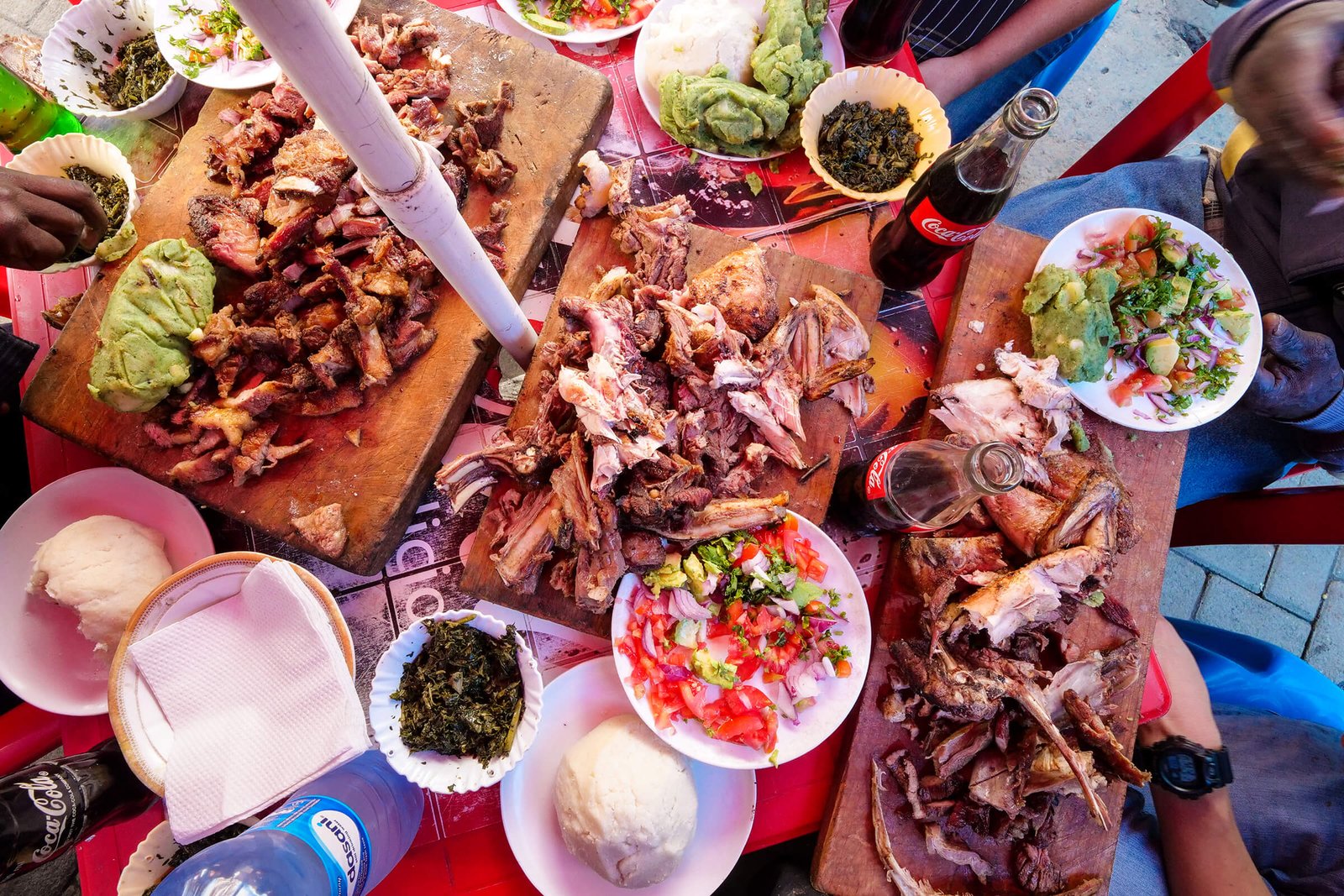
15 Profitable Foodstuff Businesses to Start in Kenya with Little Capital
In this article, Brand Envoy Africa unveils 15 lucrative foodstuff business ideas tailored to the Kenyan market, each requiring little initial capital. Whether you’re dreaming of selling homemade delicacies or tapping into the growing demand for healthy snacks, these business ideas provide a solid foundation for entrepreneurship without hefty startup costs.
Let’s delve into the list of profitable foodstuff businesses tailored for the Kenyan market:
- Mandazi Production
- Capital Required: KSh 5,000 – KSh 20,000
- Strategy: Invest in basic ingredients like flour, sugar, and oil. Start small by selling mandazis to neighbors, local markets, or setting up a stall.
- Chapati Making
- Capital Required: KSh 10,000 – KSh 30,000
- Strategy: Purchase flour, cooking oil, and other ingredients. Start by selling chapatis at local events, offices, or through home delivery services.
- Samosa Production
- Capital Required: KSh 10,000 – KSh 30,000
- Strategy: Source ingredients like pastry sheets, minced meat, and spices. Package samosas in attractive wrappers and sell them at busy street corners or events.
- Fresh Juice Stall
- Capital Required: KSh 20,000 – KSh 50,000
- Strategy: Invest in a juicer, fruits, and packaging materials. Set up a stall in a high-traffic area or target health-conscious consumers at gyms or parks.
- Roasted Maize Stand
- Capital Required: KSh 5,000 – KSh 15,000
- Strategy: Source fresh maize, charcoal, and seasonings. Roast maize and sell them on skewers or in packets at busy street corners or events.
- Kebab Skewers
- Capital Required: KSh 10,000 – KSh 30,000
- Strategy: Purchase meat, vegetables, and skewers. Grill kebabs and sell them at local markets, festivals, or as a catering option for events.
- Sausage Vending
- Capital Required: KSh 20,000 – KSh 50,000
- Strategy: Invest in a sausage grill, sausages, and condiments. Set up a vending cart or stall in a high-traffic area, targeting office workers or event attendees.
- Homemade Ice Cream
- Capital Required: KSh 20,000 – KSh 50,000
- Strategy: Purchase an ice cream maker, ingredients, and packaging materials. Experiment with flavors and sell your homemade ice cream at local markets or through online platforms.
- Baked Potato Stall
- Capital Required: KSh 10,000 – KSh 30,000
- Strategy: Source potatoes, toppings, and a portable oven. Bake potatoes and offer a variety of toppings to customers at local events, parks, or festivals.
- Roasted Chicken Stand
- Capital Required: KSh 20,000 – KSh 50,000
- Strategy: Purchase chickens, seasonings, and a grill. Roast chickens and sell them as a convenient and tasty meal option at local markets or street corners.
- Fruit Salad Stall
- Capital Required: KSh 10,000 – KSh 30,000
- Strategy: Source a variety of fresh fruits and packaging materials. Prepare and sell fruit salads in attractive containers at busy street corners, offices, or schools.
- Dried Fruit Packaging
- Capital Required: KSh 10,000 – KSh 30,000
- Strategy: Purchase a variety of fruits, dehydrator, and packaging materials. Dry fruits and package them in sealed bags or jars for sale at local markets or health food stores.
- Milk Bar (Maziwa Mala)
- Capital Required: KSh 20,000 – KSh 50,000
- Strategy: Source fresh milk and fermentation cultures. Produce maziwa mala (fermented milk) and sell it in bottles or sachets at local markets or roadside stands.
- Street Food Catering
- Capital Required: KSh 20,000 – KSh 50,000
- Strategy: Invest in portable cooking equipment, ingredients, and packaging materials. Offer a variety of street food options such as kebabs, samosas, and chapatis at events, festivals, or as a catering service.
- Vegetable Salad Stand
- Capital Required: KSh 10,000 – KSh 30,000
- Strategy: Source fresh vegetables, dressings, and packaging materials. Prepare and sell vegetable salads in convenient containers at local markets, offices, or parks.
These estimates are approximate and can vary based on factors such as location, scale of operation, and sourcing of materials. It’s essential to conduct thorough research and budgeting before venturing into any business endeavor. With determination, creativity, and a solid business plan, you can turn your culinary aspirations into a thriving food business in Kenya.
For anyone looking at a mini business plan to kick off immediately, send us an email to business@brandsenvoy.com
